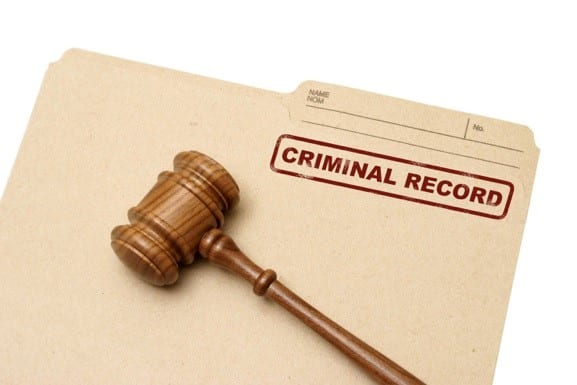
If you have charges on your criminal record, you may have already encountered awkward situations or even rejections because of your past. Criminal convictions can affect your possibilities for employment, residence, and assistance – even if you’ve already served your time and the crime was committed ages ago.
Luckily, it may be possible for these records to be sealed and unavailable for public viewing. This process is called criminal record sealing, or criminal expungement. If your records are sealed away, you can apply for jobs or housing without worrying about criminal background checks.
Expungement is not available to everyone, but if you qualify, it can help you turn your life around after being arrested or convicted.
Who Can Get Their Criminal Record Sealed

Before you start the process of getting your record sealed, it’s important to know if you qualify. Not all crimes can be expunged, and many offenses qualify for expungement only after a number of years after discharge.
Unfortunately, Minnesota is one of the more restrictive states for convicted offenders. However, recent criminal justice reforms are making it easier for individuals to get their life back on track after serving their time. In 2015, new laws were passed making it easier for felons get their records sealed or expunged.
Now, if you were charged with any of the following offenses, you can apply to have your criminal record sealed after the dismissal or discharge of proceedings:
- Controlled Substance Crimes in the Fourth Degree
- Controlled Substance Crimes in the Fifth Degree
- Possession of a Controlled Substance
- Other Controlled Substance Offenses
If you were convicted of a crime and sentenced to a diversion program or stay of adjudication, you can still apply to have your record sealed after one year after being discharged (provided that you did not commit any new or additional crimes).
If you were convicted of the following crimes, you can also apply to have your record sealed under the following circumstances:
- Petty Misdemeanor or Misdemeanor: You completed your sentence, and after being discharged you have not committed an additional or new crime for two years.
- Gross Misdemeanor: You completed your sentence, and after being discharged you have not committed an additional or new crime for four years.
- Felony: You completed your sentence, and after being discharged you have not committed an additional or new crime for five years.
There are some felonies that prohibit you from applying for criminal record sealing; you can check out the whole list here.
How To Get Your Record Sealed

If your situation fits any of the above scenarios, you can apply to have your criminal record sealed. The process can be complex and confusing, but with a knowledgeable record sealing attorney by your side, you can do it. And it’s worth it for the freedom you gain from having your record sealed.
File the Forms and Pay the Fee – To start the sealing process, you will need to file Criminal Expungement Forms. After filing the forms, you will have to make photocopies of them and make sure they are correctly served to the prosecutor and other government offices.
It is often confusing to figure out where to serve the Criminal Expungement Forms, but an experienced lawyer will know what to do.
Additionally, there is a fee associated with these forms. However, if you are low-income, you may be able to have this fee waivered.
Attend a Hearing – In some cases, you will be told that you do not have to appear in court to have your record expunged. However, expect to attend a hearing, and be prepared to speak to the judge about why you should have your record expunged. You can find the location of your hearing at your District Court.
The court has the right to object to your expungement before or during your hearing. An objection does not mean your record will not be sealed, so it’s important to have a solid argument for why expungement is appropriate for your case.
Waiting Period – If a judge rules in favor of expungement, congratulations! There is a 60 day waiting period associated with expungement, but within those 60 days, your record will be sealed.
Know that expungement does not mean that your criminal record is destroyed forever. The FBI, DEA, or other public officials may still be able to access your criminal records in investigations or upcoming cases.
But expungement does make it easier for people to get their life back on track and enjoy the freedoms they had before getting arrested or convicted of a crime.
About the Author:
Christopher Keyser is a Minneapolis-based criminal and DWI defense attorney known for fighting aggressively for his clients and utilizing innovative tactics to get the most positive results. He has been featured in numerous media outlets due to the breadth and depth of his knowledge, and recognized as a Minnesota Super Lawyers Rising Star (2014–2016), a Top 100 Trial Lawyer (2013–2016), and a Top 40 Under 40 Attorney (2013–2016).





